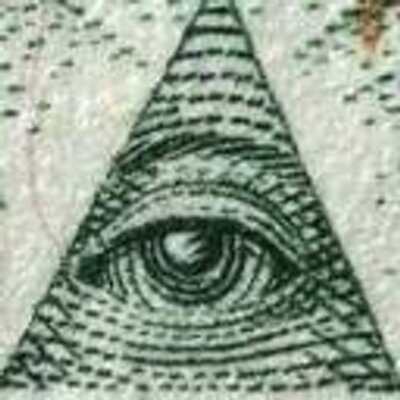The imperial canadian dutchy wrote:Alleniana wrote:Sorry for doublepost but OH MY GOD THE PIXELS (1855)
That map is beautiful and fills my Italian Nationalism with vigor, look at all those substantial Minorities of Italians in those Dalmatian cities!
You do know there were more Italians in the KuK armed forces than in all of Dalmatia, right?










